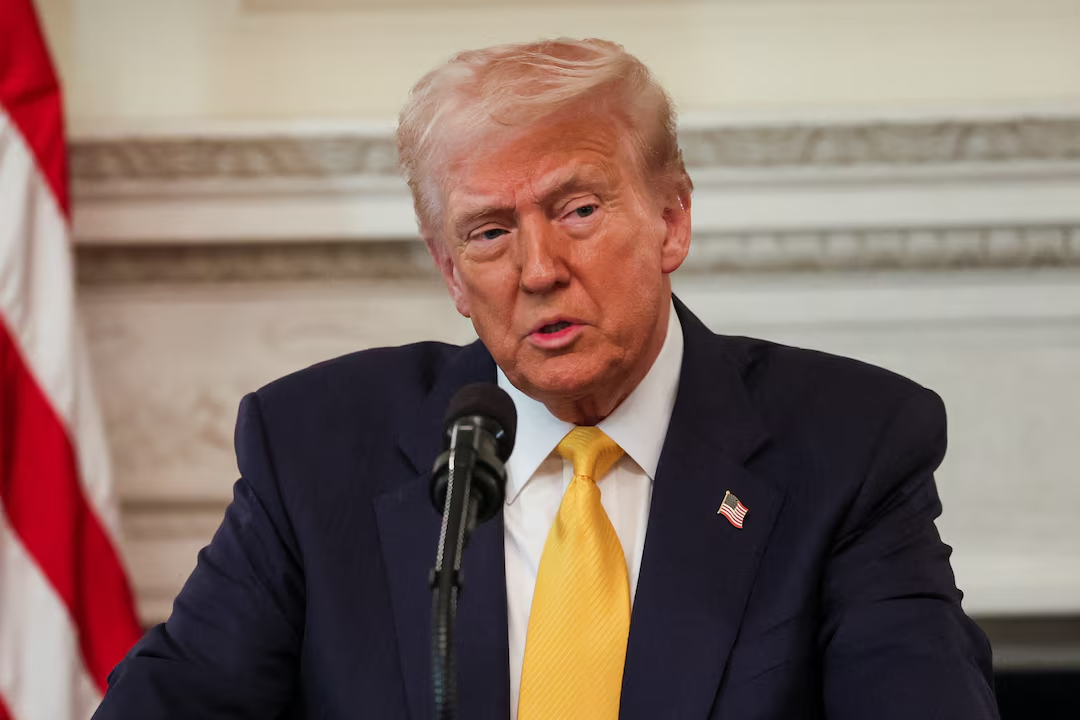President Donald Trump’s meetings with French President Emmanuel Macron and British Prime Minister Keir Starmer come at a time of great uncertainty in transatlantic relations. Trump’s foreign policy has shifted significantly from traditional American approaches, prioritizing an “America First” stance.
His controversial demands for territories such as Greenland, Canada, Gaza, and the Panama Canal, as well as rare earth minerals from Ukraine, have unsettled European leaders. Many former U.S. diplomats worry that his administration’s decisions could undermine the global stability the U.S. has maintained since World War II.
Trump’s Diplomatic Moves Strain Alliances While Pursuing Ukraine’s Rare Earth Resources
The United States has historically played a leading role in maintaining global security, particularly since the Cold War’s end. However, Trump’s actions—such as pushing for quick resolutions to conflicts without consulting allies and diminishing European influence in key negotiations—threaten long-standing international principles.
Critics argue that his approach to diplomacy disregards established norms and weakens collective efforts against aggressors, raising concerns among global policymakers and diplomatic experts.

Trump’s negotiations with Ukraine have centered on acquiring its rare earth minerals, which are valuable to American industries. His critical stance on Ukrainian President Volodymyr Zelenskyy has further strained relations. Trump’s administration initially bypassed European allies in talks with Russia, frustrating European leaders.
Meanwhile, a proposed minerals deal between the U.S. and Ukraine remains uncertain, with Zelenskyy insisting on security guarantees for his country. Despite public disagreements, Trump’s officials anticipate finalizing an agreement that would strengthen economic ties between the U.S. and Ukraine.
Trump’s Foreign Policy Sparks Tensions with Ukraine and European Leaders
Trump has been openly critical of Zelenskyy, calling him a “dictator” and blaming Ukraine for the ongoing war, despite Russia’s 2022 invasion. Zelenskyy has countered by suggesting that Trump is influenced by Russian disinformation, escalating tensions. Analysts caution that direct confrontations with Trump may not be the best strategy, as his administration thrives on disruption. Some experts argue that Trump’s policies have been destabilizing rather than constructive, complicating diplomatic efforts for both Ukraine and Europe.
Macron and Starmer face a difficult challenge in their upcoming discussions with Trump. Macron intends to emphasize the importance of showing strength against Russian President Vladimir Putin, warning that any perceived weakness could impact U.S. relations with China.
Trump’s apparent deference to Putin, including his support for Russia rejoining the G7, has unsettled European leaders. His decision to exclude Ukraine and European officials from U.S.-Russia negotiations has fueled further concerns about America’s shifting stance on global alliances.
Veteran diplomats have expressed deep concern over Trump’s handling of international relations, arguing that his approach undermines American credibility. Some warn that rewriting the narrative of Russia’s aggression will not serve the best interests of the U.S. or its allies. As Trump continues to reshape U.S. foreign policy, European leaders and diplomatic experts remain wary of the long-term consequences of his administration’s decisions on global stability and security.


